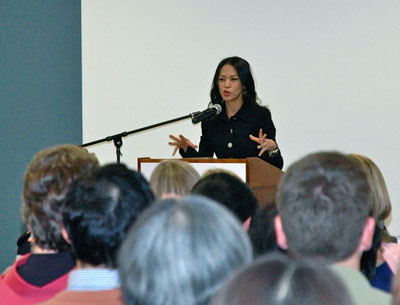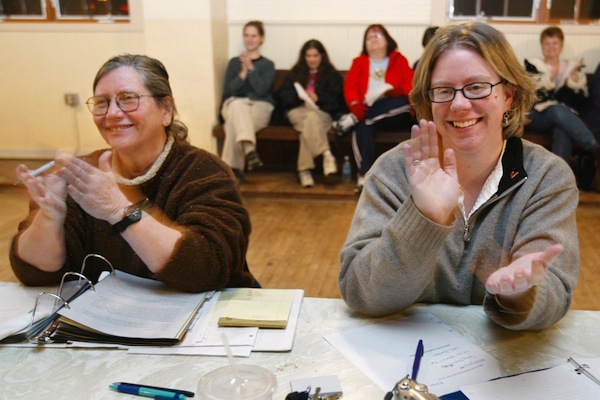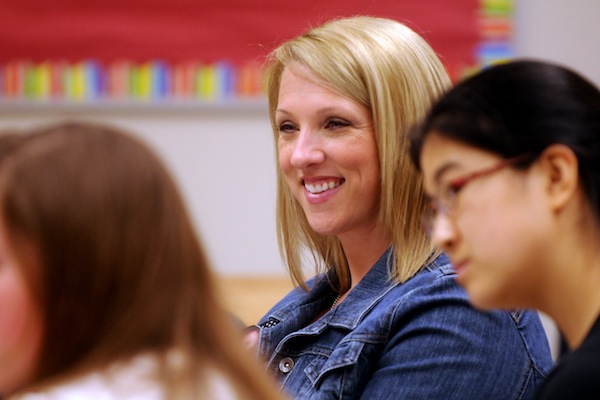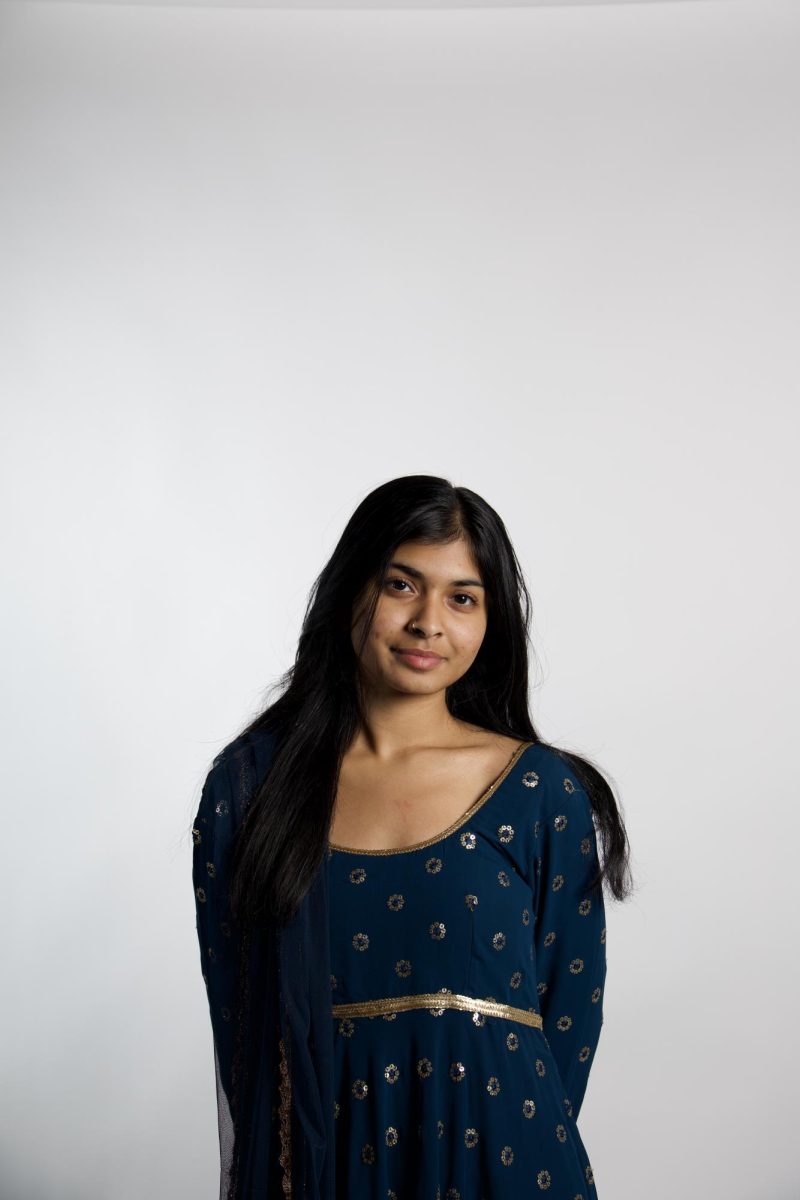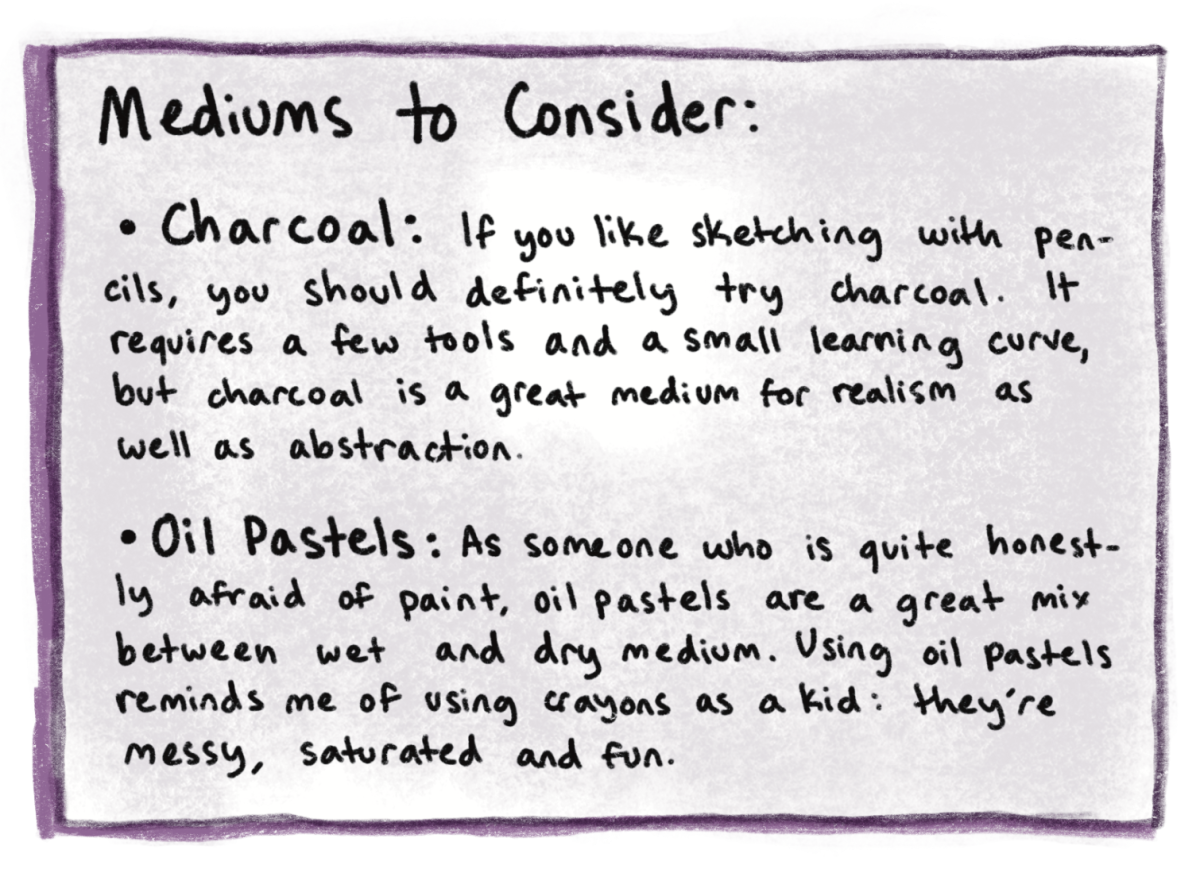“Yes or no: are you a monster?” were the words that left the shocked “Today” show host Meredith Vieria’s mouth.
Vieria was addressing the poised, petite Yale Law School professor Amy Chua, who sent the United States into a complete frenzy in January 2011 with the release of her memoir, “Battle Hymn of the Tiger Mother.”
The book chronicles Chua’s raising of her two daughters, Sophia and Lulu, now 19 and 16, respectively, under what she describes as “the Chinese way,” which includes no sleepovers, no play dates, no TV, no computer games, no instrument other than piano or violin, and no grades less than an A.
Tales of Chua threatening to burn her daughters stuffed animals, rejecting their Mother’s Day cards, and putting them through hours of music practice, sometimes through the night, left the West stunned in both ire and awe.
Chua’s parenting methods became a top discussion of playgrounds and talk shows alike across the nation. The Wall Street Journal excerpt of her book became the most viewed and commented on article in the paper’s history, and Chua earned herself a spot on The 2011 Time 100, a list of Time magazine’s most influential people of the year, an honor she shared with Oprah, Lady Gaga and Mark Zuckerberg, among others.
While many were outraged by her demands of excellence from her daughters, others could only connect it with the current nationwide fear of losing the United State’s dominant power to China. While Chua’s children, along with the nations of the East, are being raised to be their very best, children of the United States spend more time watching TV than going to school, Chua said. And while Chua assures that so much of the book’s controversy was due to a misinterpretation of the book’s tongue-in-cheek, satirical tone, she was a major wake up call to the lagging West.
The fear of declination was heightened by the release of the Program for International Assessment (PISA) test results one week prior to the Wall Street Journal article. The PISA test scores showed United States students ranking 17 in reading, 23 in science and 31 in math, behind most European countries. For the first time, Shanghai students took the test, earning a decisive first place across the board. President Obama said, “Fifty years later, our nation’s Sputnik moment is back.”
At Headquarters, Chua addressed the main roots of weaknesses she sees with the western world’s parenting system today, saying it was “ too permissive and too indulgent.”
The first issue she sees is that of self esteem. True self esteem, Chua said, has to be earned by overcoming an obstacle or knowing you can perform a task extremely well.
“If children are praised too much, it affects how much effort they put into a given task,” Kelechi Ogboukiri, a child psychiatrist raised in Nigeria, said. “If they think they are doing something very well, they will typically not try as hard.”
Linda Hines’, a former educator who attended the event, felt that while the Chuas were high performing, the results of success would not be the same in children that have ADD.
“Not everyone can get straight A’s and go to Harvard,” Chua said; “But I believe that we can ask a little more of our kids, and they will not only respond to the challenge, but thrive.”
According to Chua, the East’s main strengths are instilling a strong work ethic, self discipline, and the ability to concentrate.
“You are expected to excel, and many families do not have anything to give their children except education, so it is a top priority and people will do everything for it,” Wilma Yu, a Ladue parent who was raised in the Philippines, said.
With a strong lack of motivation in American students to do well, Chua said, many children need an outside source, such as a parent for motivation.
One common reaction to the tiger mom rationale was that the tiger cubs must be extremely stressed and up all through the night working.
“Sophia was actually much less stressed than her friends in high school because she could sit down and focus for hours,” Chua said.“She could …get the work done, and then go on Facebook and call her friends.”
While the West has much to learn, the East is not without fault of its own.
“China is trying to learn from the west. They know their education system is too rote and too stifling,” Chua said. “And they are all trying to find ways to encourage more creativity and more individuality and leadership.”
Sophie Liu, a Ladue parent raised in Taiwan, thinks the eastern system is based too much in memorization and repetition.
“You get so used to saying yes, I’ll do this, I’ll do that,” Liu said. “That you never learn to really think for yourself.”
Chua agrees with this, and says one of her main regrets was not giving her children enough choice to pursue the activities they wanted. Yu admits to the same practice, and that early on when raising her kids their activities were mainly academic based. “But then I let my daughter do volleyball, and I thought, ‘Why didn’t we switch to volleyball earlier?’” Yu said. “Why do I have to suffer if they can enjoy something else?”
In Taiwan, Liu said, a child’s career path is determined by a series of tests. “You never ask yourself, ‘Is this what I really want? Is this what is making me happy?’” Liu said. “And as long as you never do, as long as you never look back, you can be very successful.”
Chua’s main advice for the West is to keep it’s signature sense of creativity and innovation, yet to have each individual ask more of themselves, and to find and follow their passions with great determination.
“You cannot invent Google, or the iPod unless you have mastered the basics, are willing to put in some long hours, and are able to pick yourself up the first ten times,” Chua said. #


